South Sudan's Foreign Ministry said the two warring factions in Sudan agreed to a seven-day ceasefire during a phone call with President Salva Kiir.
Abdel Fattah al-Burhan, commander of the Sudanese Armed Forces (SAF), and Mohamed Hamdan Daglo, leader of the paramilitary Rapid Support Forces (RSF) "agreed on the terms of a seven-day ceasefire starting from May 4 to May 11," South Sudan's Foreign Ministry said on May 2.
According to the South Sudanese Foreign Ministry , President Salva Kiir held a phone call with Mr. Burhan and Mr. Daglo at the initiative of the Intergovernmental Authority on East African Development (IGAD), which is pushing for an end to the fighting.
South Sudan's foreign ministry added that the two sides in the conflict in Sudan also agreed to "designate representatives to participate in peace talks held at any location of their choice".
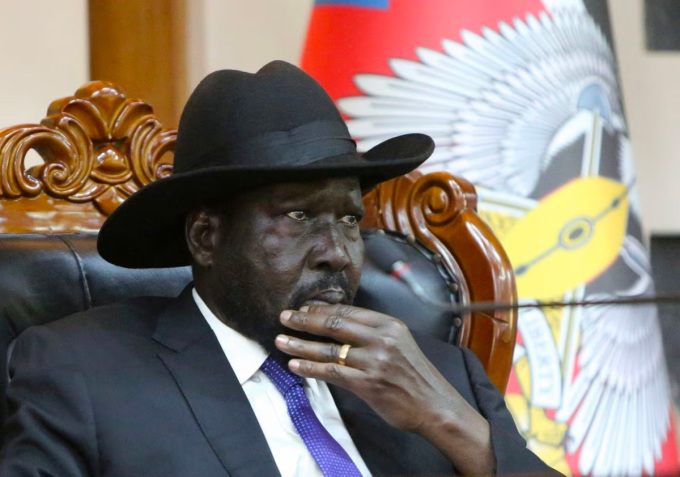
President Salva Kiir in the capital Juba, South Sudan in February 2020. Photo: Reuters
Hundreds of people have been killed and thousands injured in fighting as airstrikes and shelling have continued in many parts of Sudan, especially the capital Khartoum. Tens of thousands of Sudanese have been displaced.
The UN's top humanitarian official Martin Griffiths said on April 30 that Sudan's humanitarian situation had reached a "breaking point" with millions of people unable to access basic necessities. Earlier, Sudan's former prime minister Abdalla Hamdok said the conflict in the country could become one of the world's most brutal civil wars if it did not end soon.
Sudan is located in northeastern Africa, bordering the Red Sea, with a population of nearly 48 million people. This is a land rich in natural resources located between the Sub-Saharan region and the Middle East, but constant conflicts have prevented Sudan from developing economically.
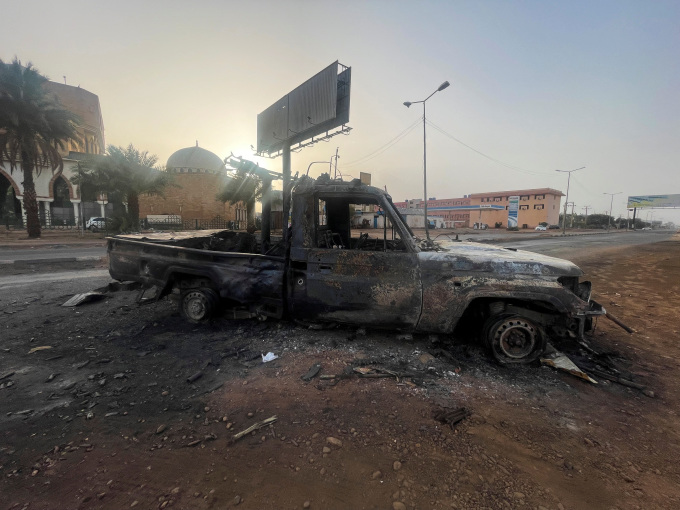
A car burned during fighting on the streets of Khartoum, Sudan on April 26. Photo: Reuters
When South Sudan seceded from Sudan to become an independent country in 2011, Sudan lost its vast oil revenues, which accounted for more than 95% of its exports. The shock caused hyperinflation, which combined with rising fuel prices sparked a wave of violent protests in 2013.
The worsening economic crisis prompted the Sudanese military to stage a coup in April 2019 that overthrew President Omar al-Bashir, who had ruled the country since 1993 and had been repeatedly criticized by the West. RSF supported the military in the coup.
However, this coup faced strong opposition, forcing the Sudanese military to accept sharing power with civilian forces, through the Sovereignty Council model with Hamdok as interim prime minister.
The Sudanese military continued its coup to depose Hamdok in October 2021 and General Abdel-Fattah Burhan, the army commander, became the most powerful person in the country, heading the military government.
When Burhan wanted to integrate the RSF into the army, Daglo objected, leading to a bitter conflict between the two most powerful men in Sudan. The conflict erupted into armed clashes on April 15, with both sides accusing each other of opening fire first.
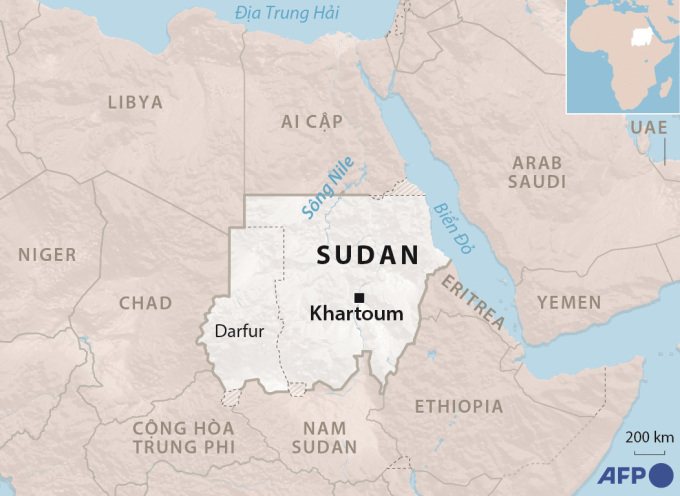
Location Sudan. Graphics: AFP
Thanh Tam (According to AFP )
Source link



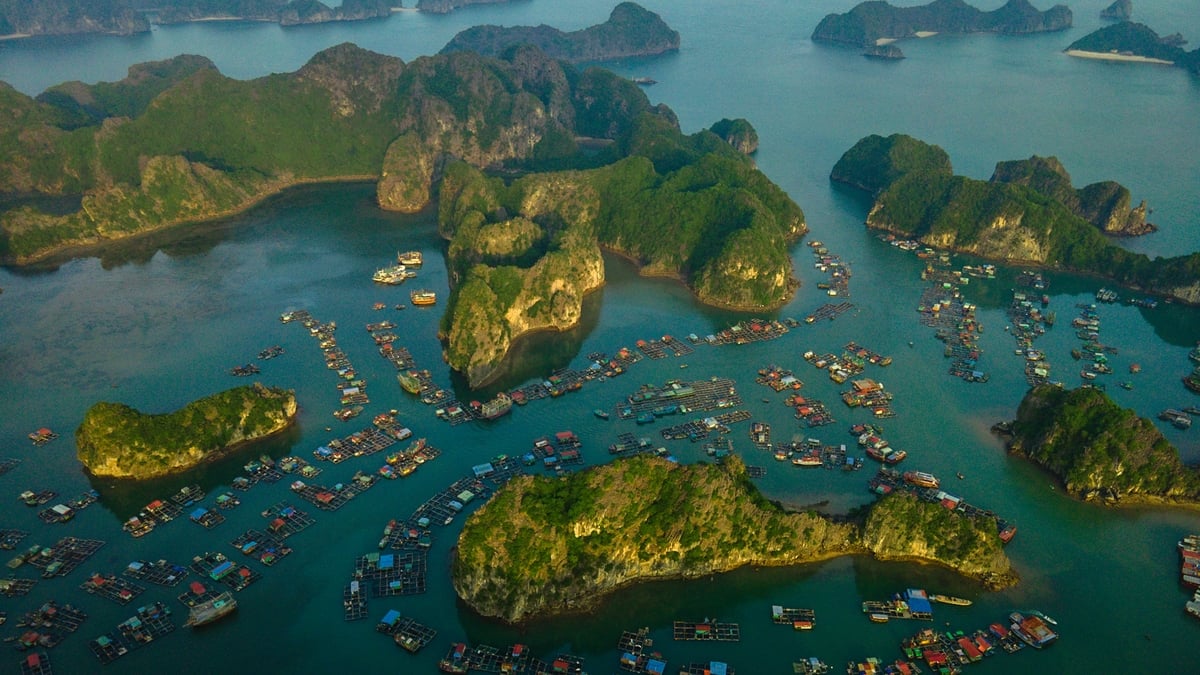




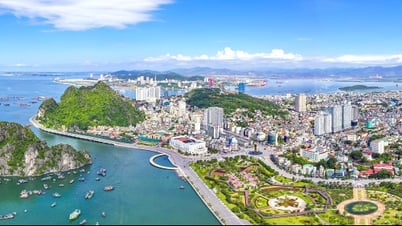

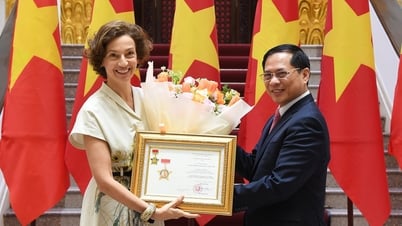
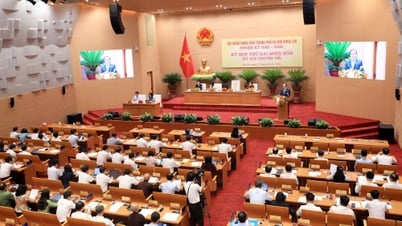

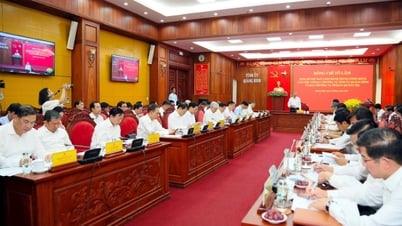
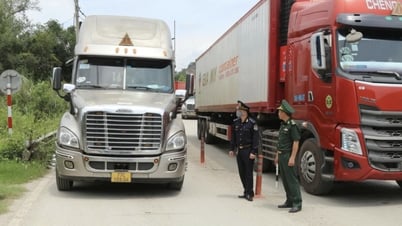










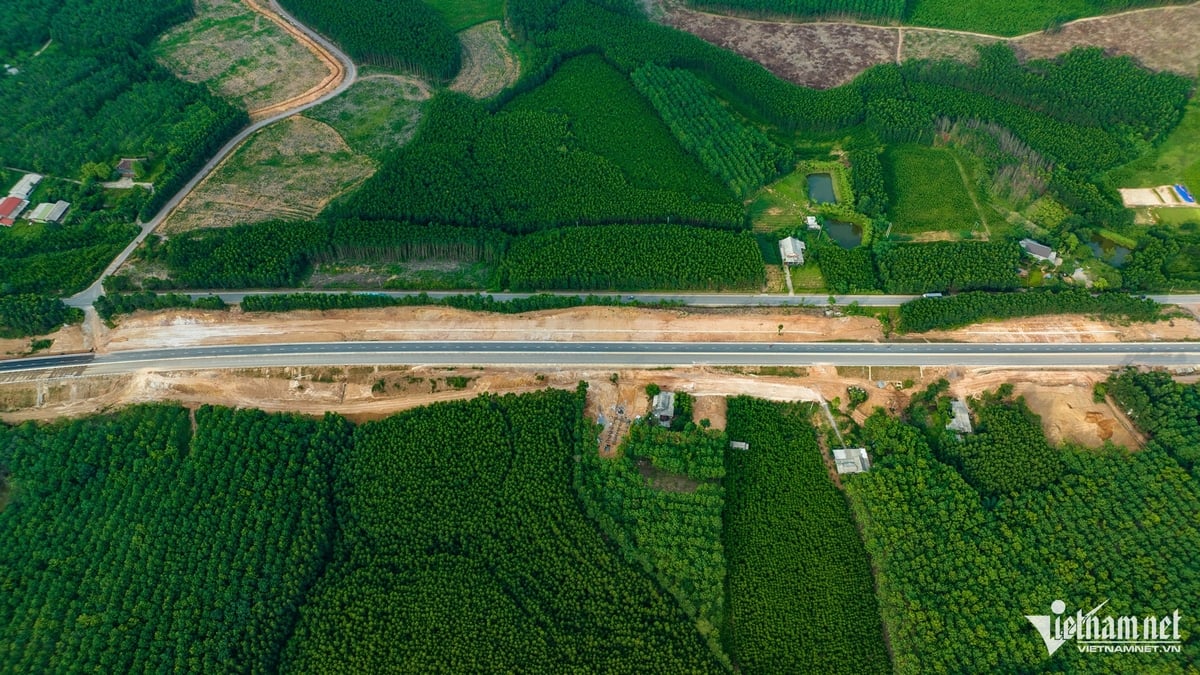
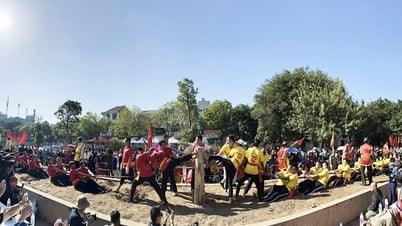

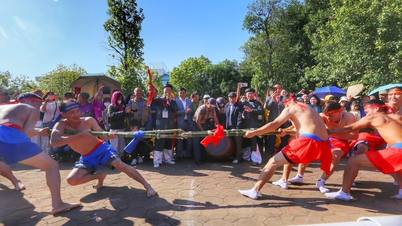


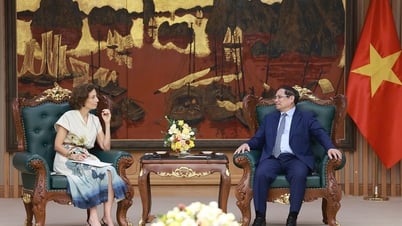

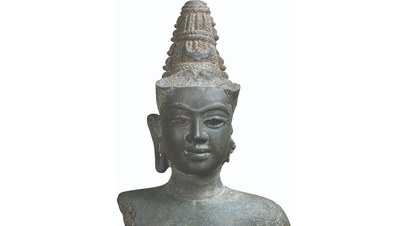

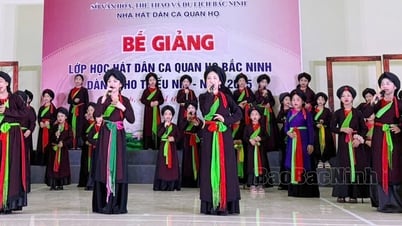





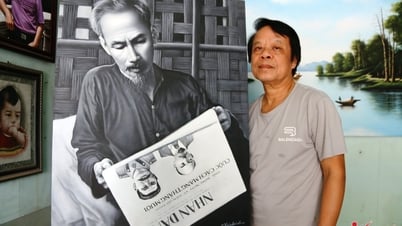




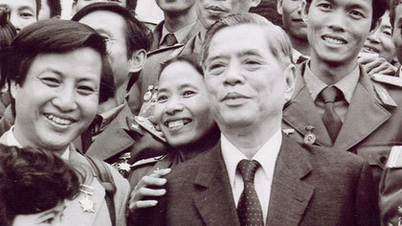





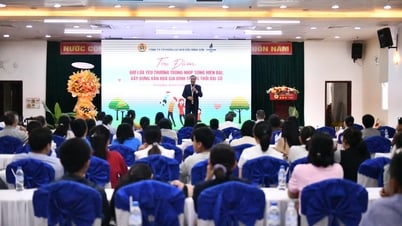

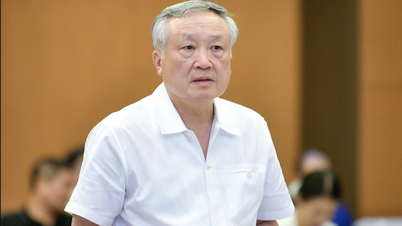

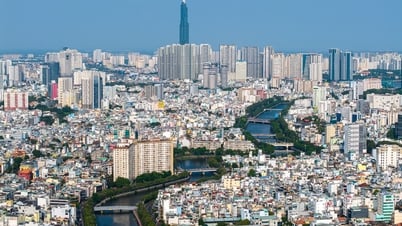




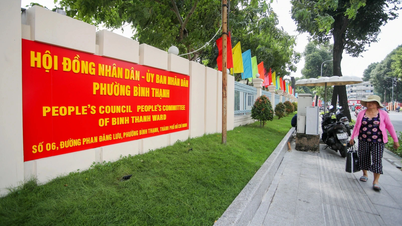

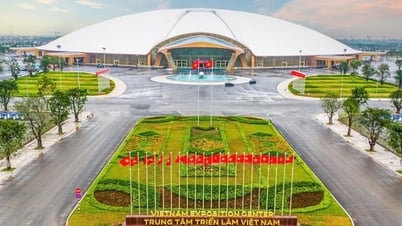



![[Infographic] Circular guiding the functions, tasks and powers of the provincial Department of Culture, Sports and Tourism and the commune-level Department of Culture and Social Affairs](https://vphoto.vietnam.vn/thumb/402x226/vietnam/resource/IMAGE/2025/6/29/877f24989bb946358f33a80e4a4f4ef5)
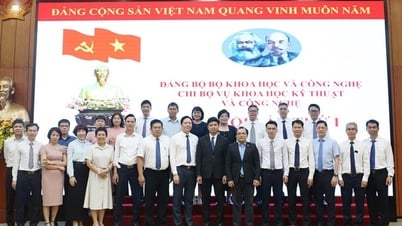
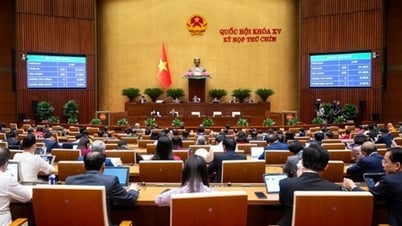
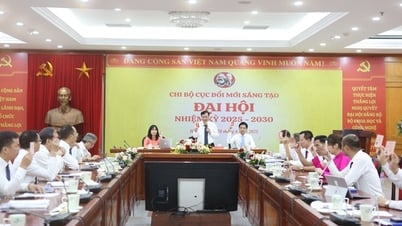



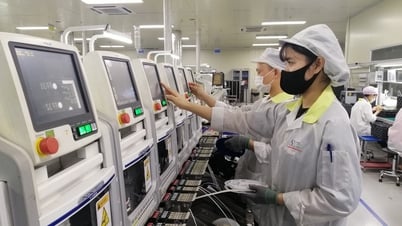

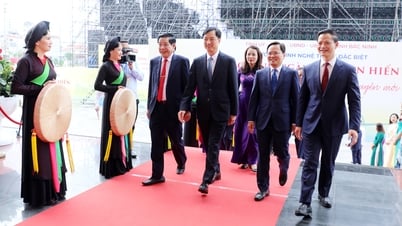

![[Updated news] Ceremony to announce the merger of provincial and communal administrative units in Thai Nguyen - Bac Kan](https://vphoto.vietnam.vn/thumb/402x226/vietnam/resource/IMAGE/2025/6/30/0de85cb56da843d897e30016b57b1412)

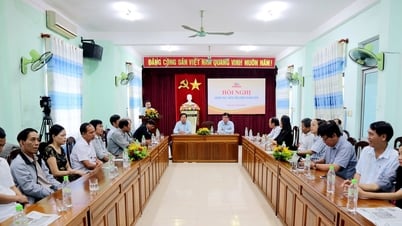

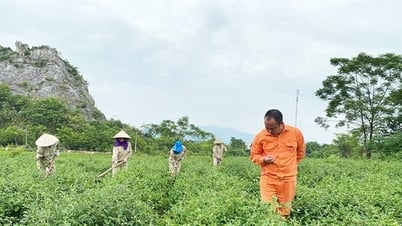















Comment (0)